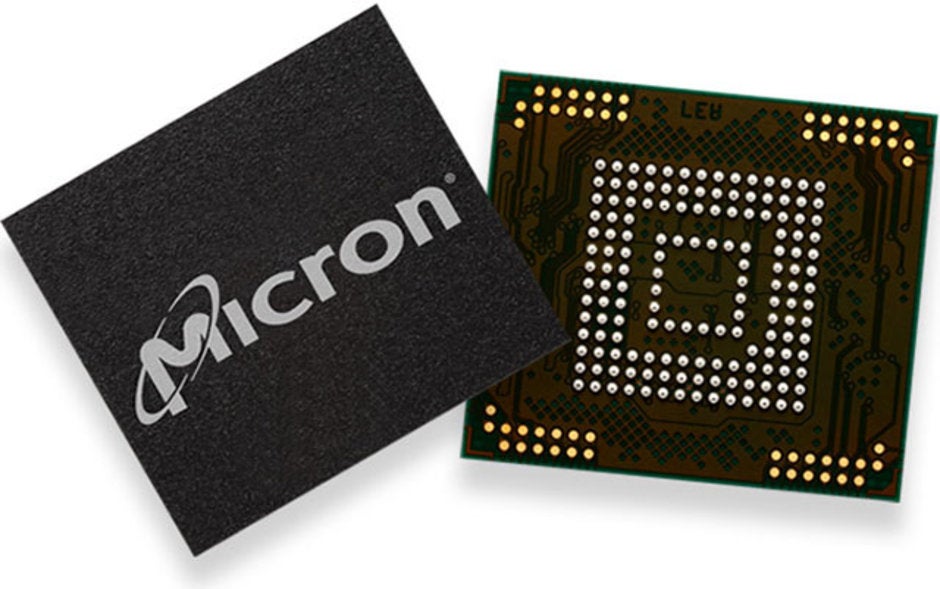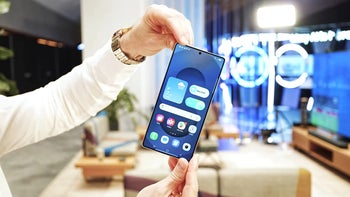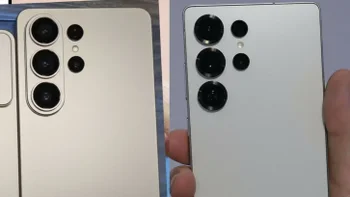Despite the ban, one U.S. chip maker has resumed shipping some components to Huawei

Last month, the Trump administration put Huawei on the Commerce Department's Entity List. This essentially cut the company off from its U.S. supply chain and even with a 90-day limited reprieve, Huawei's once bright future looks a lot dimmer today. The company, which shipped 206 million phones last year, delivered another 59 million during this year's first quarter; that was a better than 50% gain on an annual basis and placed it second ahead of Apple, but below Samsung. The company, which was widely expected to be the largest smartphone manufacturer in the world next year, expects to ship 140 million to 160 million units in 2019. Recently, the company said that it has shipped around 100 million phones in the first half of 2019.
If a chip's American content is 25% or less, it can be shipped to Huawei
How can Micron start shipping product to Huawei despite the latter's placement on the Entity List? The company says that it has studied the ban and discovered a "subset" of products that it sells to the manufacturer that it is allowed to deliver to the Chinese company. The shipments started two weeks ago according to CEO Sanjay Mehrotra, and their disclosure today helped send Micron's shares up as much as 11% in after-hours trading on Tuesday. With Huawei making up 13% of Micron's global revenue last year, investors might be too optimistic about business returning to normal. Not that this can't happen. While the reason for Huawei's placement on the Entity List is ostensibly for security purposes, President Donald Trump said last month that the company might be used as a bargaining chip to wrangle concessions from China during trade talks. In this scenario, both sides agree to a new trade agreement, Trump removes Huawei from the Entity List, and things return to normal as far as Huawei is concerned.

Micron's 3D NAND flash chip for smartphones
Micron isn't the only Huawei supplier that might be able to ship some of its products to the company. Cross Research analyst Steven Fox notes that just because a Huawei supplier has its headquarters in the U.S., they may have overseas subsidiaries that would allow them to have some of their technology considered to be foreign. On the other hand, there are outfits like U.K. chip designer ARM Holdings. While not located in the states, some of the company's tech comes from the U.S. which is why ARM has said that it will no longer license its designs to Huawei.
There is actually a way to determine whether a chip from an American company can be delivered to Huawei. Stifel Nicolaus & Co. analyst Kevin Cassidy says that if less than 25% of a chip contains parts from the U.S., that chip is not covered by the ban and can be shipped to the Chinese phone and networking equipment company. The analyst says he is worried that Micron's actions, while definitely legal under the current rules, might anger President Trump. He fears that Trump will see this as defiance by a U.S. company against his wishes, making it harder to pressure China in trade talks. Cassidy fears that if upset, Trump could end up taking other action against Huawei or even against U.S. chip firms.
In a related note, on Tuesday the U.S. Senate Foreign Relations Committee passed a resolution that calls Huawei and ZTE national security threats in the U.S.
Follow us on Google News













Things that are NOT allowed:
To help keep our community safe and free from spam, we apply temporary limits to newly created accounts: